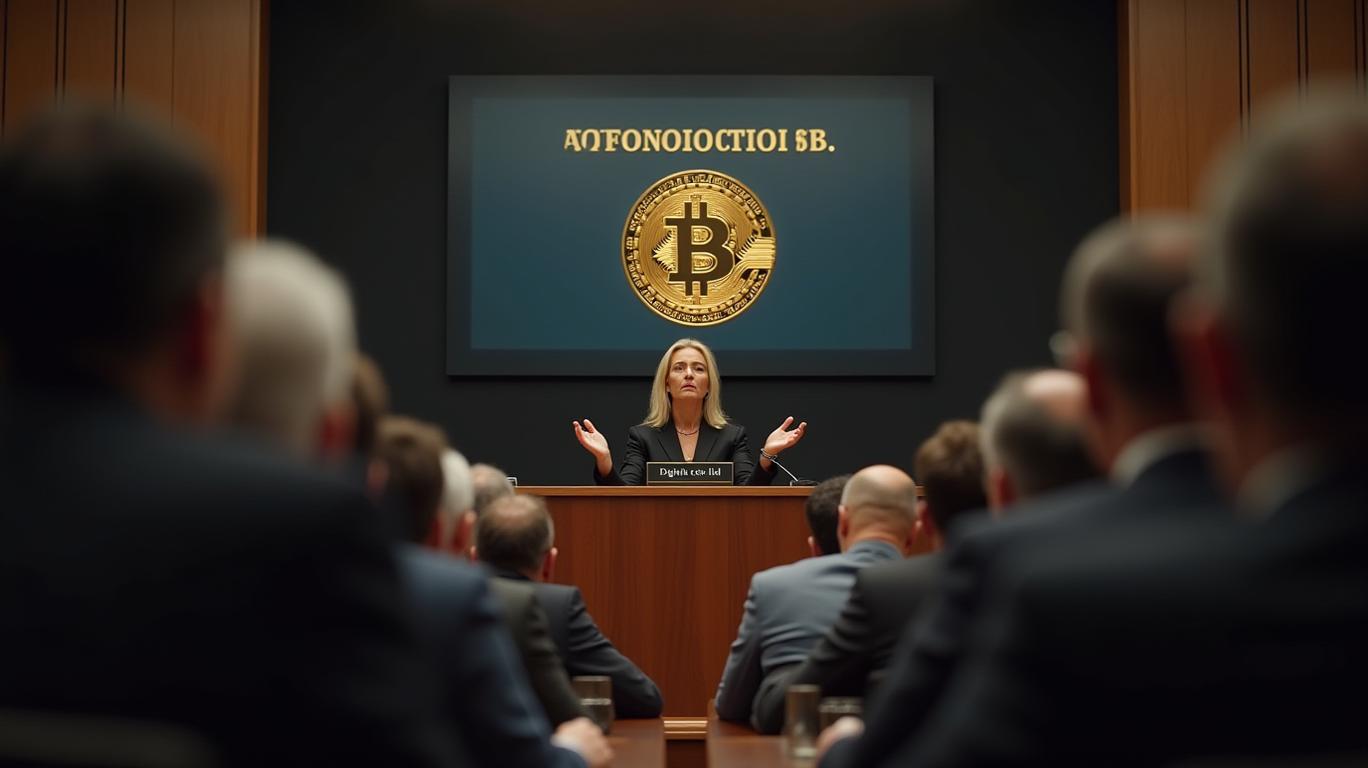IMF Adds Bitcoin to Reserves, Recognizes as Digital Gold
The International Monetary Fund (IMF) has taken a monumental step by incorporating Bitcoin into its reserves, signaling a transformative change in its stance on digital assets. This move underscores the increasing acknowledgment of Bitcoin's potential as a valuable and reliable component of global financial reserves. The IMF's decision to monitor Bitcoin as both digital gold and a capital asset indicates a broader acceptance of cryptocurrencies within conventional financial frameworks.
By categorizing Bitcoin as digital gold, the IMF recognizes its function as a store of value, akin to traditional gold reserves. This acknowledgment could set a precedent for other central banks and financial institutionsFISI-- to adopt similar strategies, further legitimizing Bitcoin within the global financial ecosystem. The IMF's decision to track Bitcoin as a capital asset also emphasizes its potential for investment and growth. As a capital asset, Bitcoin can be utilized to diversify investment portfolios and mitigate market volatility. This move by the IMF could incentivize more institutional investors to consider Bitcoin as a viable investment option, potentially boosting its value and adoption.
The IMF's decision to include Bitcoin in its reserves and monitor it as a digital asset is a landmarkLARK-- development in the financial world. It reflects a growing acceptance of cryptocurrencies within traditional financial institutions and could pave the way for further integration and adoption of digital assets into the global financial system. As the IMF continues to observe and track Bitcoin, it will be intriguing to see how this decision influences the broader cryptocurrency market and the global economy. 
Quickly understand the history and background of various well-known coins
Latest Articles
Stay ahead of the market.
Get curated U.S. market news, insights and key dates delivered to your inbox.



Comments
No comments yet